Call for Papers: The Pakistan Conference: 75 Years of Independence

Call for Papers: The Pakistan Conference: 75 Years of Independence

Call for Papers: The Pakistan Conference: 75 Years of Independence
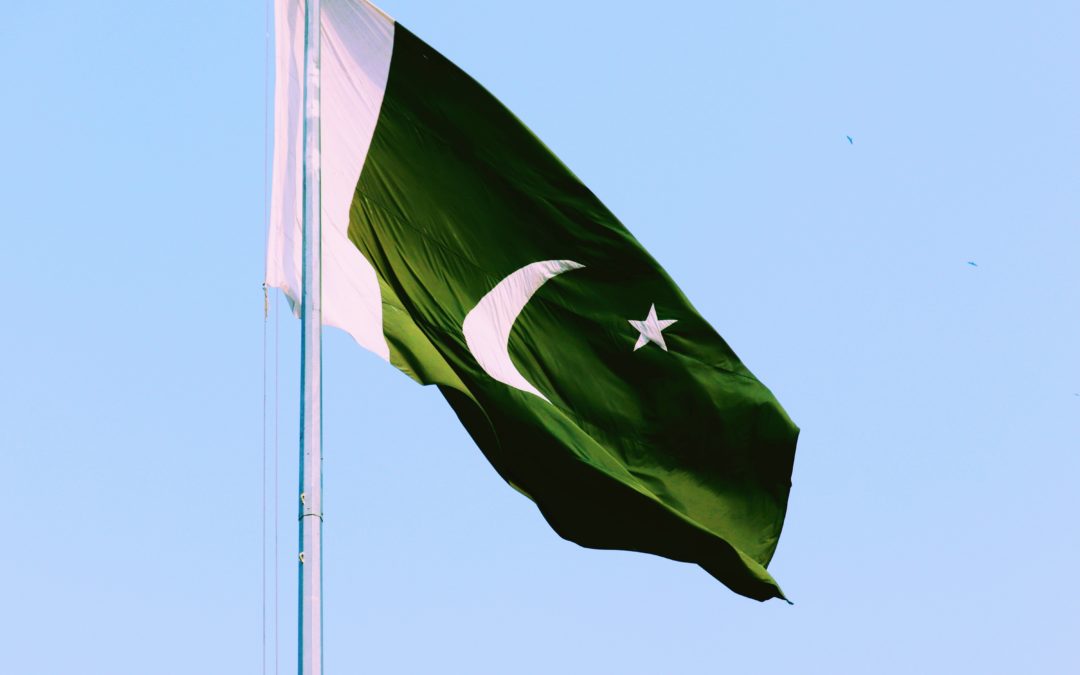
Dr. Yaqoob Khan Bangash is a historian of Modern South Asia and a current Fulbright Fellow at the Mittal Institute. His current research interests lie in the emergence of Pakistan as a post-colonial state, with broader interests in decolonisation, modern state formation, formation of identities, and the emergence of ethnic and identity based conflicts. He also regularly writes for The News, Daily Times, The Express Tribune and other newsmedia. He spoke with the Mittal Institute about the current political crisis in Pakistan, and explored what implications it might have for the larger world.
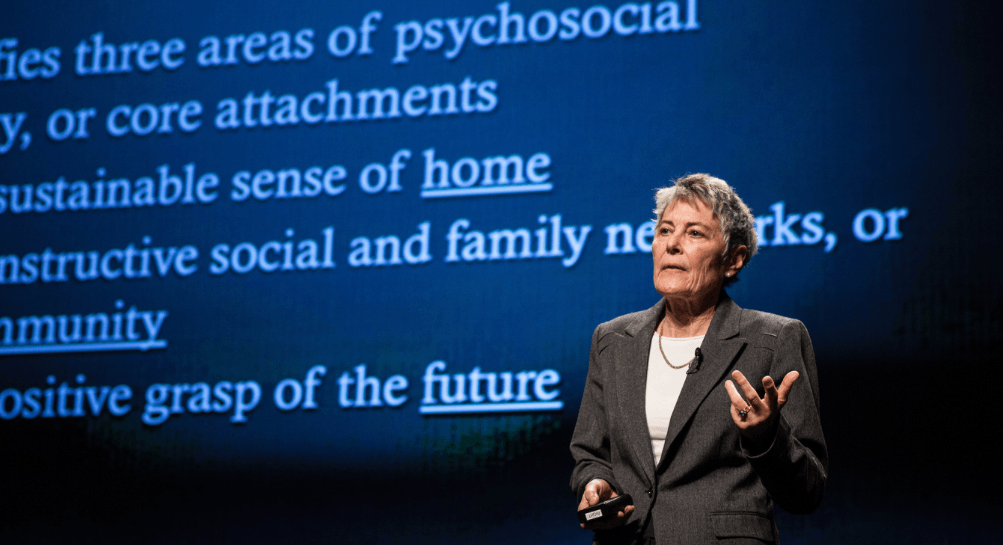
An expert in public health and rights-based responses to humanitarian crises, Dr. Jennifer Leaning has spent her nearly 50-year career at the intersection of war and disaster, atrocities and conflict. Despite witnessing some of the darkest instances of human behavior, it is a ‘kindness of strangers’ motif that motivates her work. She applies this approach to the Mittal Institute’s 1947 Partition Project, which she has led since its inception in 2016.
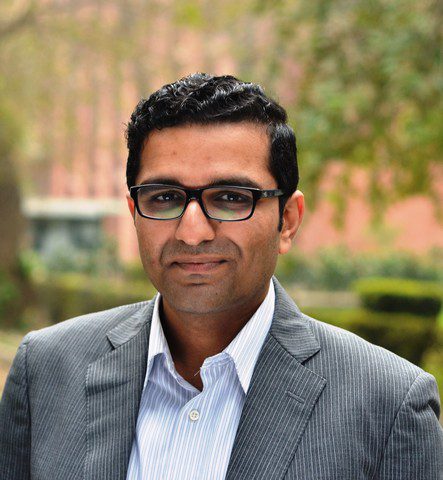
The Mittal Institute welcomes Yaqoob Khan Bangash as the 2022-23 United States Educational Foundation in Pakistan (USEFP) Fulbright Fellow. A historian of Modern South Asia, Dr. Bangash is Associate Professor, Department of Governance and Global Studies and Director, Centre for Governance and Policy at Information Technology University, Lahore, Pakistan. He studies Pakistan as a post-colonial state – its state formation, identity, conflicts, etc. Dr. Bangash is the author of A Princely Affair: Accession and Integration of Princely States in Pakistan, 1947-55 and in 2016 founded the first academic literary festival in Pakistan, the ‘Afkar-e-Taza ThinkFest,’ which attracted over 25,000 people in 2020. We caught up with Dr. Bangash to learn more about his plans for the upcoming year.
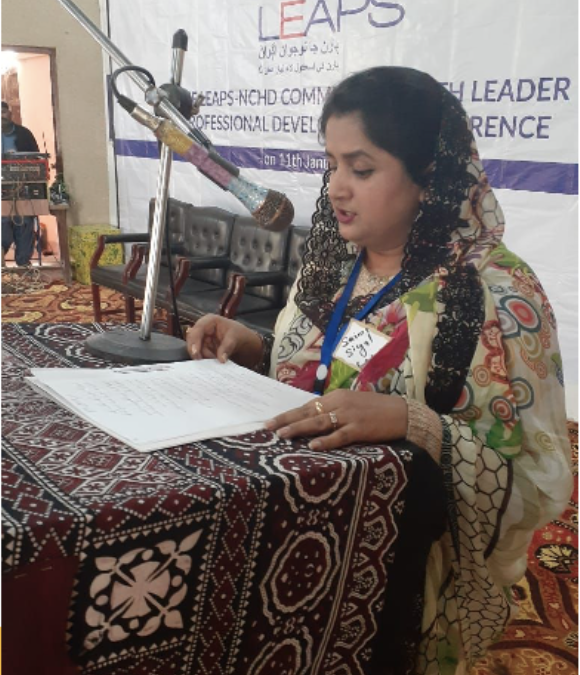
Han Choi, a Master’s student in the Department of Global Health & Population at the Harvard Chan School of Public Health, spent her summer interning with LEAPS, a program that trains female youth to deliver early childhood care and education in rural Pakistan. Focusing on community development, she aimed to empower youth leaders by giving them a voice through the coordination of creative platforms, like webinars. With LEAPS, she worked to expand on local perspectives and recent data through qualitative analyses that are action-driven, to build advocacy on national/global platforms for South Asian youth. She shared a summary of her project.
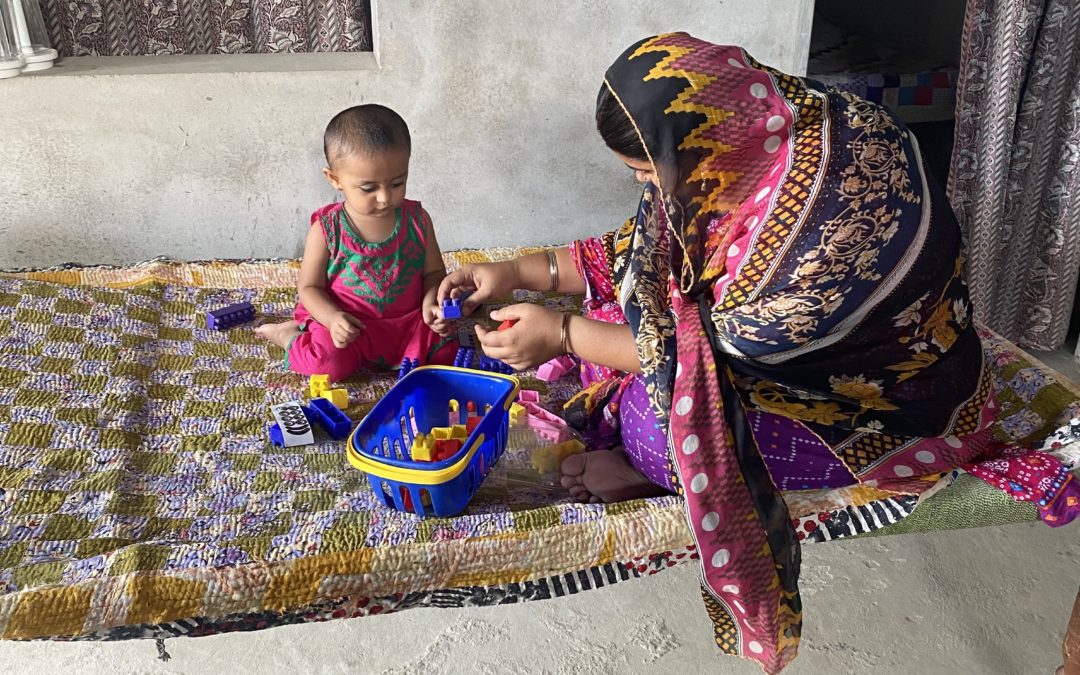
Elizabeth Hentschel, a doctoral student in the Department of Global Health and Population, based at the Harvard T.H. Chan School of Public Health, spent this past summer working in-country in Pakistan on a dissertation research project, “Measuring Nurturing Care: A Pathway to Healthy Child Development and Protection.” Funded in part by a Mittal Institute Summer Research Grant, Elizabeth’s project took her to Naushahro Feroze, in the Sindh Province of Pakistan where she spent a month at a child development research site. She lead the efforts to create two evidence-informed measures for assessing responsive care and early learning for children.
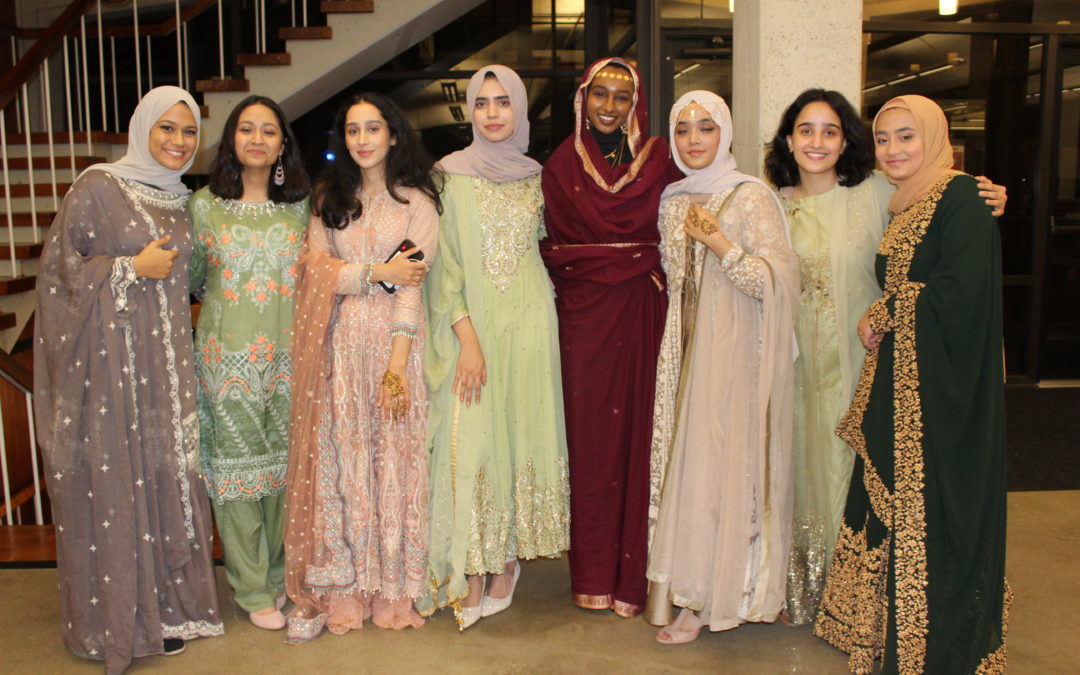
For the past decade, the Harvard College Pakistani Students Association (HCPSA) has shared the vibrant history and culture of Pakistan with the campus community. HCPSA is dedicated to creating inclusive, social spaces for Pakistanis and advancing meaningful discourse about prominent Pakistani issues, events, and politics. Each year, they host academic programming that celebrates Pakistani heritage; organize events like Cultural Night and moving screenings; and educates Harvard students about Pakistan’s culture. The Mittal Institute sat down with co-presidents Iqra Noor ‘23 and Hamaad Mehal ‘24 to learn more about mission of the HCPSA.


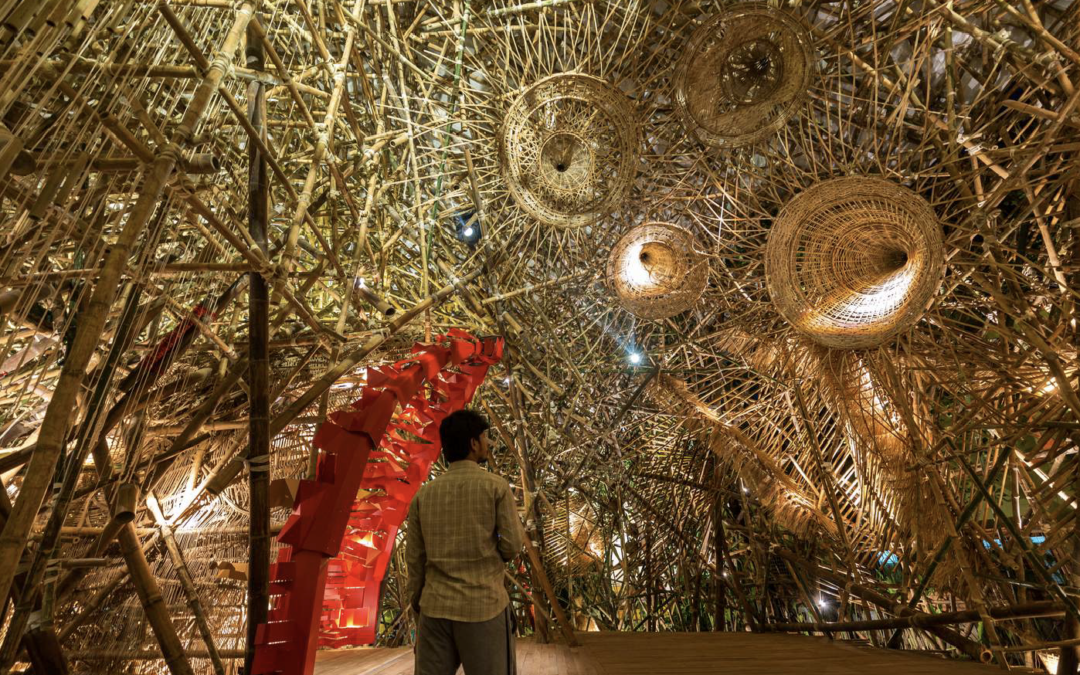
The Mittal Institute recently concluded the 2020–2021 Visiting Artist Fellowship, which annually brings four mid-career visual artists to Cambridge to engage with Harvard faculty and students, participate in art exhibitions, and perform research using Harvard’s intellectual resources to further their art practice. Due to COVID-related programming changes this year, the fellowship was reimagined, bringing 13 of the top applicants from India, Bangladesh, Pakistan, and Nepal to the virtual world for a series of four online seminars curated to support the artists’ long-term practice. In these courses, the artists participated in thought-provoking discussions centering on art history, creative writing, urban design, and more, with both their peers and the expert facilitating the class. For the final installment of the VAF Lecture Series, the Mittal Institute welcomed Asim Waqif, a Delhi-based artist whose international work revolves around architecture, ecology and design.
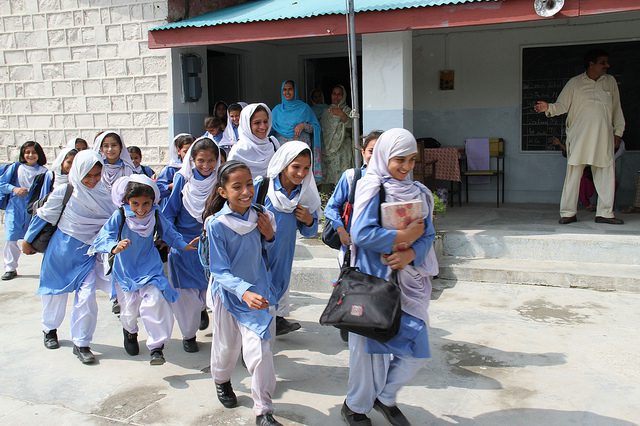
Cultural anthropologist Abdul Razaque Channa, Ph.D. shares his research on the COVID-19 pandemic and its impacts on learning among Pakistan’s school age children. Professor Channa is a Research Affiliate at the Mittal Institute and an Assistant Professor at the Department of Anthropology and Archaeology, University of Sindh – Jamshoro.

With a focus on innovation and entrepreneurship in India and Pakistan, the Mittal Institute’s annual Seed for Change competition aims to award Harvard students with grant prizes for interdisciplinary student projects that positively impact societal, economic, and environmental issues. Learn more about the funded projects.